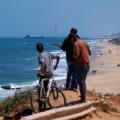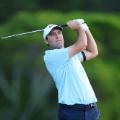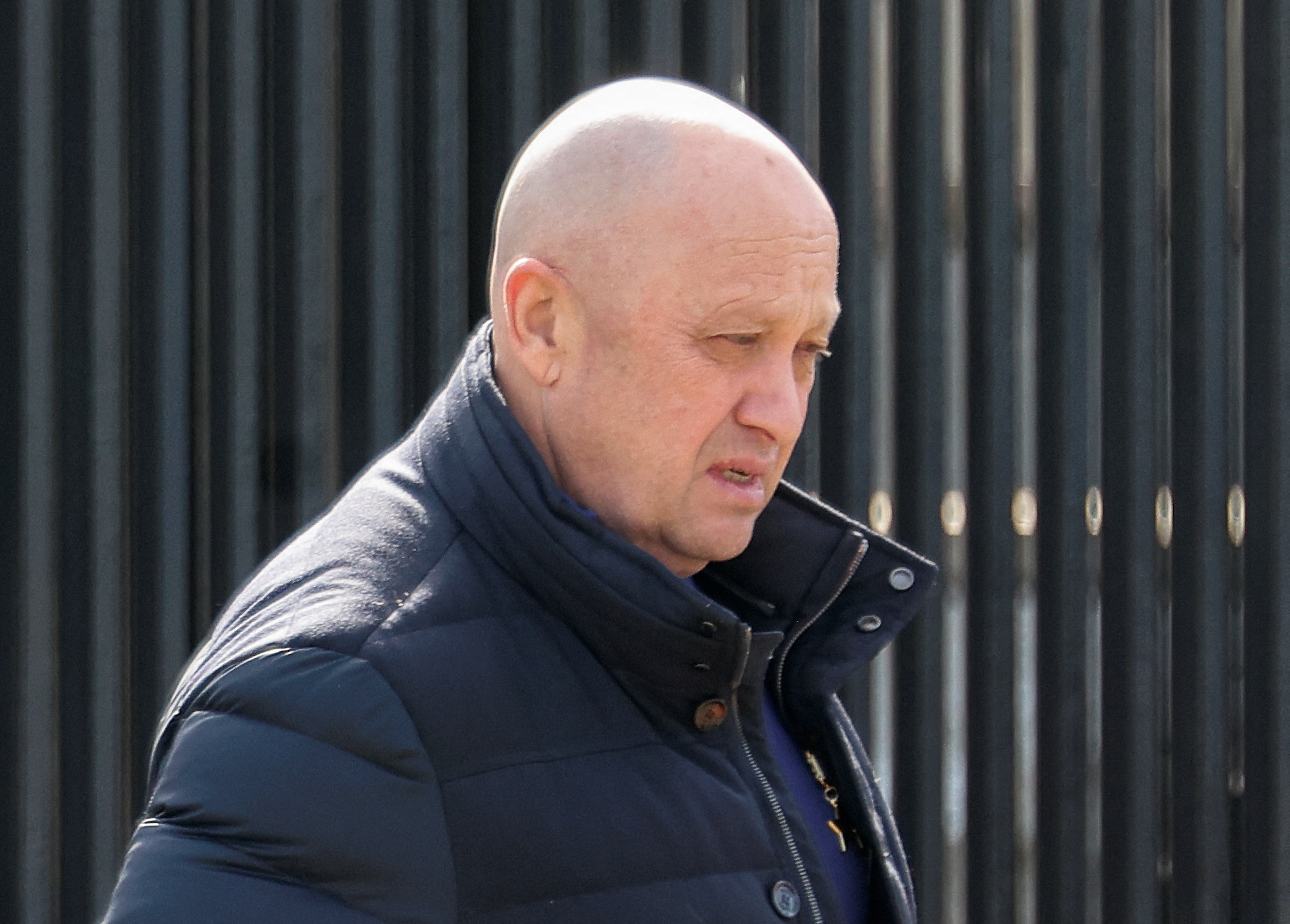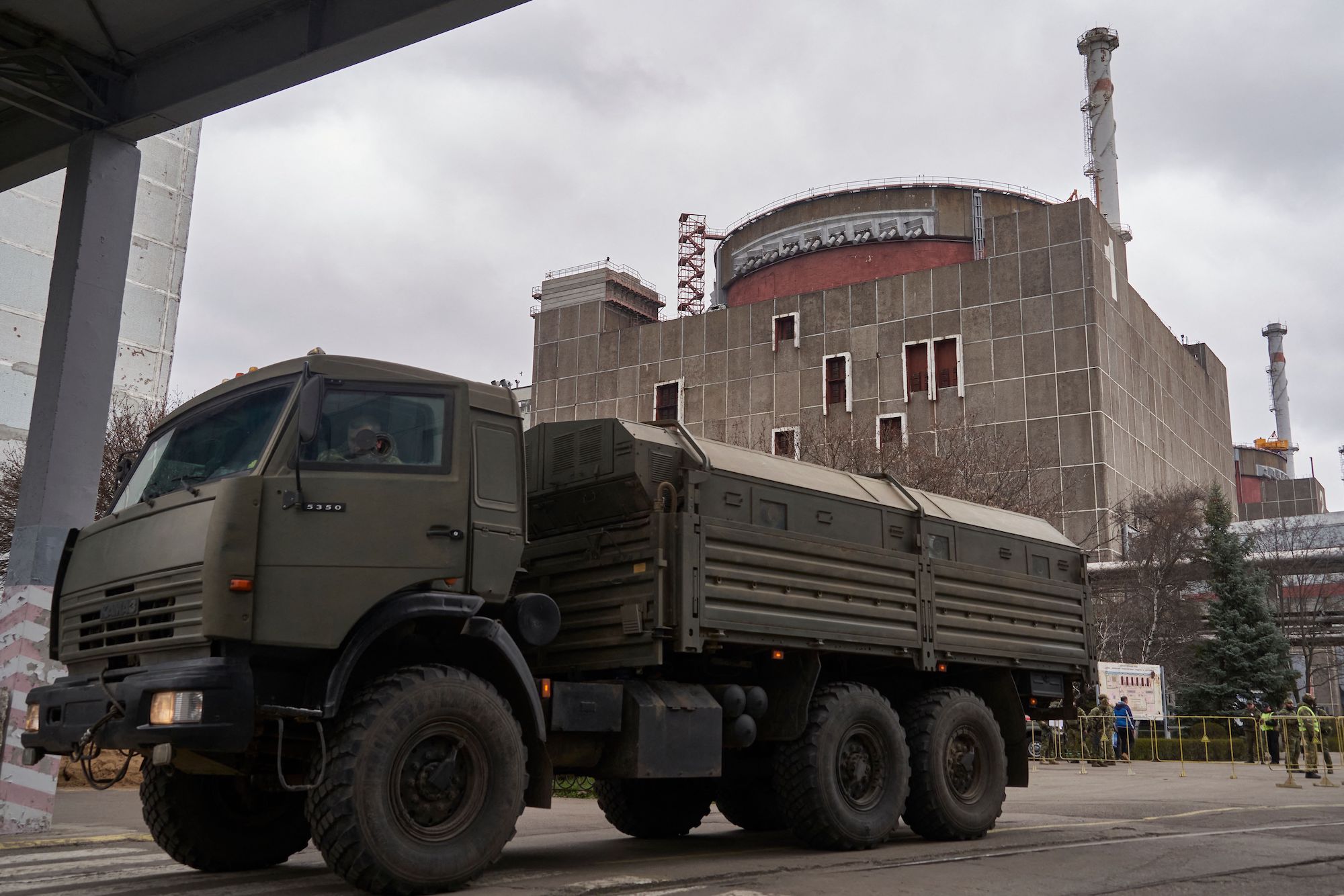Ukrainian military search teams have been tasked with a harrowing assignment: surveying the battlefield for fallen soldiers.
In the almost 14 months since the war began, the teams have recovered just under 500 bodies of Ukrainian soldiers, a military commander said on Saturday.
Col. Volodymyr Liamzin, who heads the central Central Department of Civil-Military Cooperation of the General Staff of the Armed Forces of Ukraine, said his teams surveyed almost 600 locations in search for missing troops.
Liamzin said the search and recovery operation involves a complex set of tasks and includes sappers who survey the ground for mines and other explosives. He stressed it was not safe for civilians to venture into areas near the frontlines.
"Unfortunately, there are cases of explosions and injuries. So it makes sense only for military groups to work on the contact line,” he said.
The team has recovered about 500 bodies of Russian soldiers since the beginning of the war, Liamzin said. The Ukrainian military is arranging the “the return of the occupiers' bodies to representatives of the Russian Federation,” according to the commander.
The front lines in eastern and southern Ukraine have moved several times over the past months, so it is not unusual for the Ukrainian search teams to come across dead Russians.
CNN spent time with Liamzin's team in November. Watch here:








